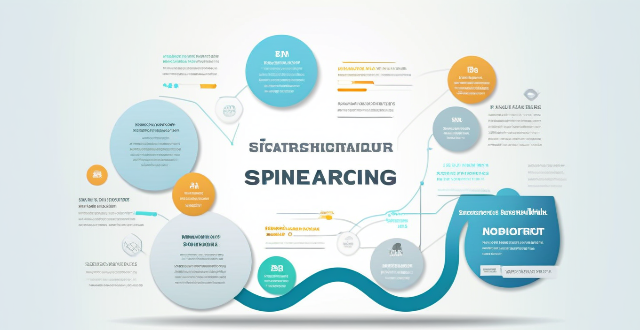Sports sponsorship has a significant impact on marketing strategies by increasing brand awareness, differentiation from competitors, creating emotional connections with consumers, and improving public relations. Examples include Coca-Cola's sponsorship of the FIFA World Cup, Nike's partnership with Michael Jordan, Gatorade's sponsorship of Serena Williams, and Adidas' participation in Run for Peace. These benefits help brands stand out in crowded markets and are likely to continue driving investments in sports sponsorship as part of overall marketing strategies.

The Impact of Sports Sponsorship on Marketing Strategies
Introduction
Sports sponsorship has become an essential component of marketing strategies for many brands, especially those competing in the same industry. This is because sports sponsorship offers a unique opportunity to reach a large and diverse audience while creating an emotional connection with consumers. In this article, we will explore how sports sponsorship influences the marketing strategies of competing brands in the same industry.
Increased Brand Awareness
One of the primary benefits of sports sponsorship is increased brand awareness. When a brand sponsors a popular sports event or team, it exposes its logo, products, and services to a broad audience. This exposure can lead to increased recognition and recall among consumers, which can ultimately drive sales.
Example: Coca-Cola and FIFA World Cup
Coca-Cola has been a long-time sponsor of the FIFA World Cup, one of the most-watched sporting events globally. By aligning itself with such a prestigious event, Coca-Cola has significantly increased its brand awareness and reinforced its image as a global brand.
Differentiation from Competitors
Sports sponsorship also allows brands to differentiate themselves from their competitors. By sponsoring specific sports or teams that resonate with their target audience, brands can create a unique identity that sets them apart from other players in the market.
Example: Nike and Michael Jordan
Nike's partnership with basketball legend Michael Jordan is a classic example of how sports sponsorship can help a brand differentiate itself. By creating a line of shoes and apparel under Jordan's name, Nike was able to tap into his massive fan base and establish itself as a leader in basketball footwear and apparel.
Emotional Connection with Consumers
Sports sponsorship creates an emotional connection between consumers and brands. Fans often develop strong feelings of loyalty and attachment to their favorite teams and athletes, which can be transferred to the sponsoring brand. This emotional connection can lead to increased customer loyalty and advocacy for the brand.
Example: Gatorade and Serena Williams
Gatorade's sponsorship of tennis superstar Serena Williams has helped the brand establish an emotional connection with fans of the sport. By supporting Williams throughout her career, Gatorade has positioned itself as a trusted partner of athletes and their fans, reinforcing its image as a leading sports drink brand.
Improved Public Relations
Sports sponsorship can also improve a brand's public relations by demonstrating its commitment to social responsibility and community involvement. Many sports events and organizations have charitable initiatives that align with corporate social responsibility goals, providing sponsoring brands with an opportunity to showcase their support for these causes.
Example: Adidas and Run for Peace
Adidas has sponsored Run for Peace, an annual charity race organized by UNICEF, since 2010. By participating in this event, Adidas demonstrates its commitment to children's rights and education, improving its public image and fostering positive relationships with consumers who share these values.
Conclusion
In conclusion, sports sponsorship plays a crucial role in shaping the marketing strategies of competing brands in the same industry. By increasing brand awareness, differentiation from competitors, creating emotional connections with consumers, and improving public relations, sports sponsorship offers numerous benefits that can help brands stand out in crowded markets. As such, it is likely that we will continue to see more brands investing in sports sponsorship as part of their overall marketing strategies.